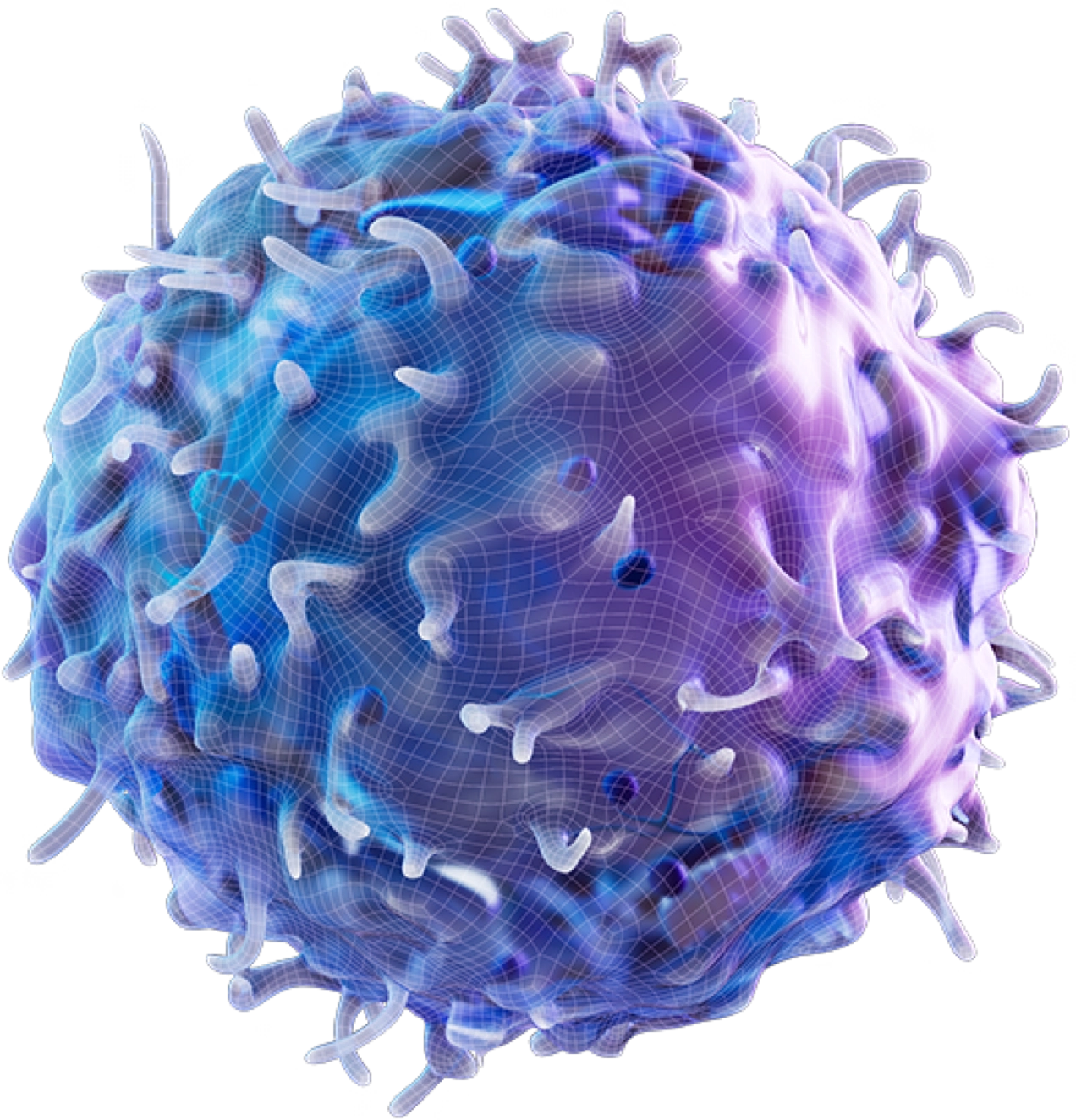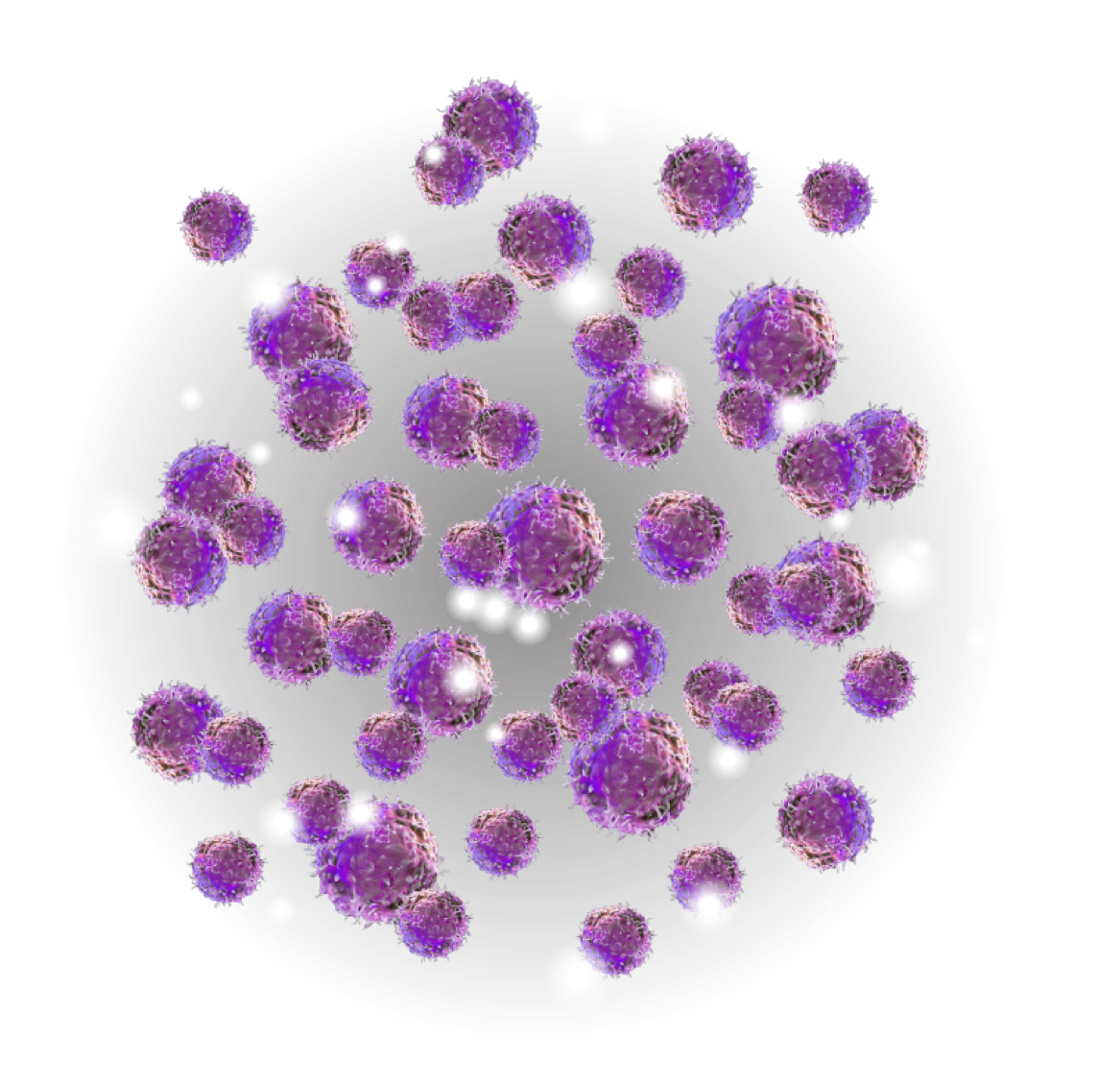Our Pipeline
| Program | Disease | Discovery | Preclinical | Phase 1 / 2 | Phase 3 |
Other
Undisclosed Indications*
Discovery
*BCMs have broad applicability across protein types for therapeutic areas such as oncology, CNS disorders, infectious disease, metabolic disease, and genetic diseases, among others.
BE-101
Shifting the Paradigm of Today’s Protein-Based Therapies to Create Freedom for People Living with Hemophilia B
At Be Bio, our goal is to create a new therapeutic option for people with hemophilia B which provides the freedom to live a normal life, free of the limitations due to hemophilia B. We are pioneering a new class of engineered B Cell Medicines (BCMs) designed with precision engineering to deliver continuous expression of proteins that address important limitations of existing therapies. Our lead program, BE-101, starts with the person’s own B cells which are then modified to produce predictable, persistent FIX activity levels to prevent bleeding and joint damage. Additionally, the medicine has the potential to be re-dosable if necessary. This program is now in clinic. Here is the link to the clinical trial: https://www.clinicaltrials.gov/study/NCT06611436?intr=BE-101&rank=1
What is Hemophilia?
Hemophilia is a genetic disorder caused by a mutation on the X chromosome resulting in deficiency of certain blood clotting factors. The deficiency in these clotting factors leads to recurrent prolonged bleeding episodes. Hemophilia affects people from all races and ethnic groups. People with hemophilia B have insufficient levels of blood clotting factor IX (FIX). The estimated global prevalence is 3.8 cases per 100,000 for all severities of hemophilia B.

How is Hemophilia B Treated?
Currently, there is no cure for hemophilia B. Standard of care for hemophilia B is regular long-term prophylaxis treatment with intravenous (IV) administration of FIX replacement to raise circulating FIX activity. The frequency of FIX replacement infusions can vary from daily to weekly, depending on individual needs and type of factor replacement. Two gene therapies with adeno-associated virus (AAV) have recently been approved in the US and EU for adults only.
Despite the major advances in the treatment options, there remains an unmet need for people with hemophilia B. The continued need for repeated and frequent infusions, the lack of consistent, predictable bleed protection and the potential risk of bleeding events and long-term consequences, such as significant pain from irreversible joint damage, point to the unmet need for optimal hemophilia B management and an acceptable quality of life.
Learn More About Living with Hemophilia B
For more information for people living with hemophilia B and their loved ones, please see the links below.
BE-102
BE-102, a B cell medicine candidate for people living with Hypophosphatasia (HPP)
BE-102, selected as a development candidate in October 2024, is Be Bio’s B cell medicine being developed for people living with HPP, a rare genetic disease caused by deficient tissue nonspecific alkaline phosphatase (TNSALP). Following a single dose, BE-102 is designed to continuously secrete active TNSALP to enable the reduction of the enzyme’s substrates, namely inorganic pyrophosphate (PPi) a potent inhibitor to bone mineralization, which accumulate in people with HPP. Be Bio has generated comprehensive preclinical datasets demonstrating durable TNSALP activity and the rescue of PPi mineralization inhibition using in vivo and in vitro models.

About HPP
HPP is a rare inherited metabolic disease characterized by deficient TNSALP activity which leads to defective bone mineralization and other systemic complications. Although the exact prevalence of HPP is unknown, it is estimated to affect approximately 50,000 people in the US and >100,000 people worldwide.
Cause
HPP results from loss of function mutations in the ALPL gene encoding the TNSALP enzyme. Deficient TNSALP activity promotes the accumulation of the enzyme’s substrates which leads to significant skeletal and systemic manifestations.
Clinical Presentation
HPP impacts children and adults. Clinical presentation can be variable with broad-ranging symptoms and severity. HPP is most widely recognized for severe skeletal manifestations including rickets/osteomalacia, skeletal deformities, and fractures. Systemic complications involving multiple organ systems are also common including chronic musculoskeletal pain, impaired mobility, fatigue, and dental complications.
Treatment
There is currently no cure for HPP and TNSALP enzyme replacement therapy (ERT) is the only approved treatment, which requires 3-6 subcutaneous injections per week. Although ERT has been shown to improve clinical outcomes for some people with HPP, significant unmet medical need remains. People with HPP who are ≥ 18 years of age at first onset of disease are ineligible for ERT in most countries, leaving many adults with HPP without access to any treatment. For those eligible for ERT, administering 3-6 injections every week is burdensome and is also associated with common side effects such as injection site reactions and lipodystophy.
Learn More About Living with Hypophosphatasia
For more information for people living with hypophosphatasia and their loved ones, please see the link below.
Accessing Investigational Therapies
Be Biopharma is committed to developing safe and effective B cell medicines. Our goal is to ensure access to our investigational therapies at the appropriate time and in a clinically appropriate manner for patients.
Participating in a clinical study is the most appropriate way to access our investigational therapies. We encourage patients to speak with their physicians and to participate in the available clinical trial. At this time, Be Biopharma does not provide investigational drug outside of clinical studies. The company will reevaluate this policy when sufficient safety and efficacy information has been obtained in clinical trials.
In line with the 21st Century Cures Act, Be Biopharma may revise this policy at any time.